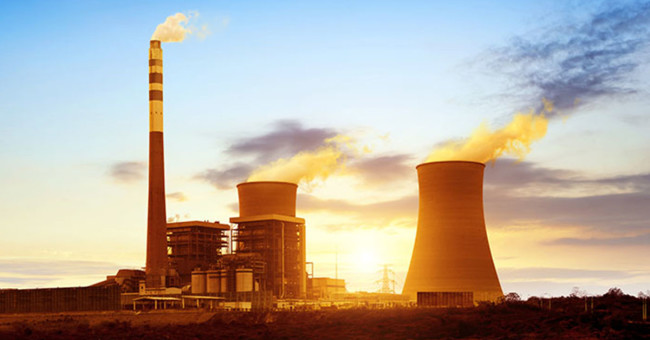Bitcoin is best known for its ability to replace fiat currencies and bypass the traditional banking system. However, this is not its only strength. Taken as a whole, Bitcoin is a system based on an innovative technology (the blockchain) that is finding more and more applications these days. A new example comes from Argentina with the use of the Bitcoin blockchain for the maintenance of nuclear power plants.
The blockchain refers to the technology used to manage the transactions of the Bitcoin network. These transactions are carried out according to the Proof-of-Work protocol (other cryptos use Proof-of-Stake). Several transactions are grouped together in a single block. Then each block undergoes a validation phase by the network nodes before being finally recorded. The blockchain or “chain of blocks” acts as a public register in which the blocks are recorded.
The advantage of the Bitcoin blockchain is that it is decentralized. It does not belong to any bank or control agency. The blockchain is public. Moreover, it is not very vulnerable. Once a block is validated, it is set “in stone” and a new block interdependent on the last block is created. In other words, if a hacker wanted to illegally modify a block, he would have to modify all the other successive blocks, which would make the task extremely complicated. Finally, the blockchain makes it possible to store a lot of data in little space by using the mathematical hash function.
Perennial, tamper-proof and distributed, the blockchain has attracted the attention of many sectors. Its principle has already been adopted by some banks and insurance companies. Recently, a new application of the blockchain has emerged: nuclear power.
The Argentine company Nuclearis manufactures equipment for nuclear power plants. At the beginning of September, the company announced the use of the Bitcoin blockchain for archiving manufacturing and maintenance documents for nuclear power plants.
In the nuclear field, safety is essential. In fact, it is even very simple, there is no nuclear power without safety. The operators of nuclear power plants have to improve the safety of their installations more and more. Therefore, the regulatory framework for nuclear safety is going further and further. In addition, international experience feedback is being taken into account to reinforce certain standards.
A particularly significant area in safety is the administrative aspect. Indeed, every document related to the manufacture or maintenance of major equipment must be kept by the operator to ensure traceability. However, the complete life cycle of a nuclear power plant is at least 50 years. In addition, for some older plants, many documents only exist in paper format. In this context, ensuring proper document archiving is a real challenge.
This is why the firm Nuclearis has created a document base that uses the functions of the blockchain to archive all these documents. Thanks to this technology, the documents will be scanned, hashed and uploaded into the blockchain for archiving over many years.


